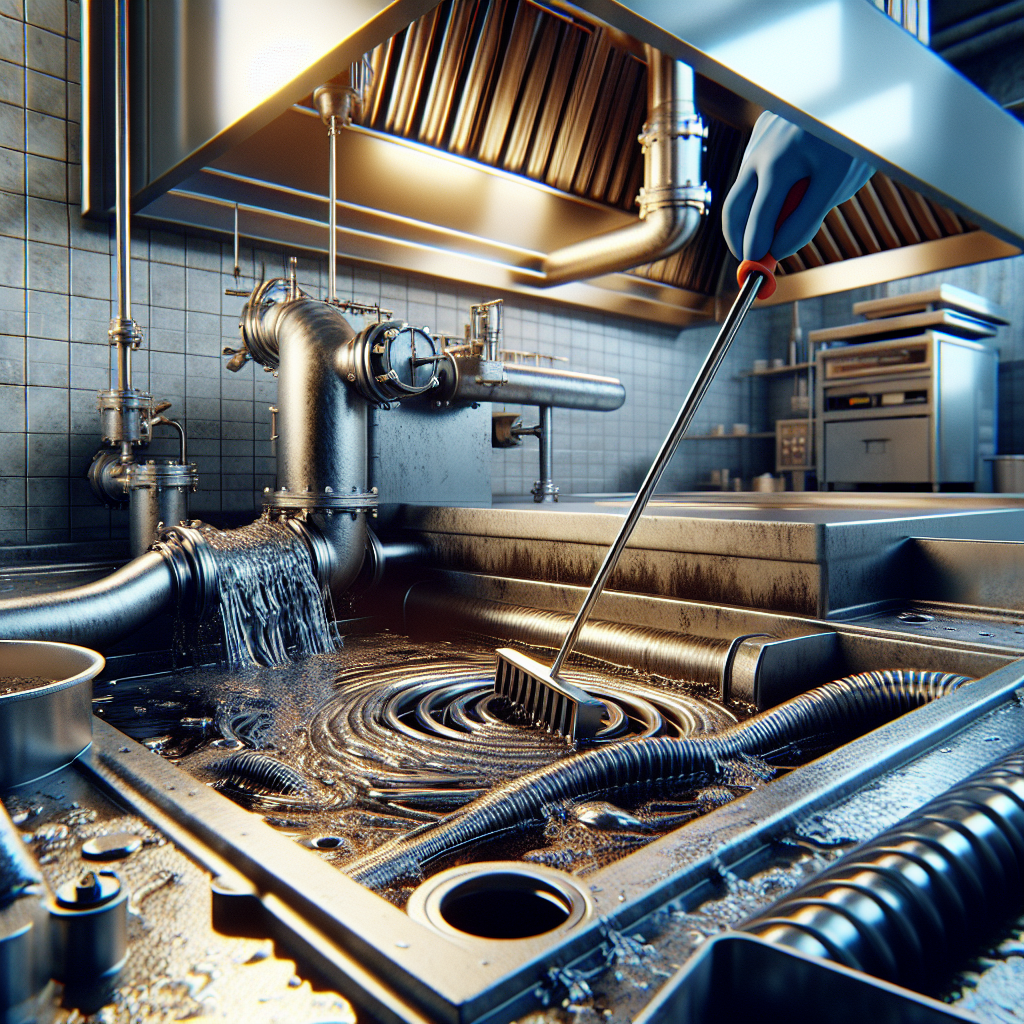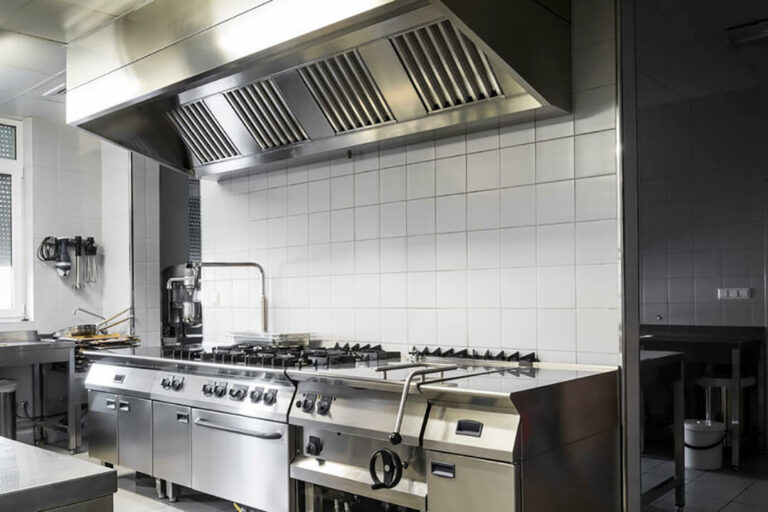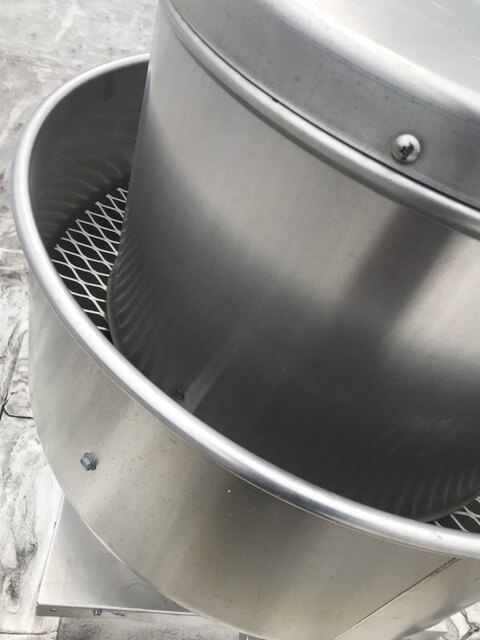Essential Guide to Grease Trap Maintenance for Effective Hood Cleaning
Grease Traps and Hood Cleaning: A Perfect Pair
When it comes to running a successful and safe restaurant, maintaining a pristine kitchen is non-negotiable. Among the myriad of components that contribute to a well-oiled, smoothly running kitchen, grease traps and hood cleaning emerge as the ultimate dynamic duo. Understanding the crucial roles they play can lead to a safer and more efficient kitchen environment. Let’s delve into the symbiotic relationship between grease traps and hood cleaning.
The Unsung Heroes: Grease Traps
Grease traps are one of those vital yet often overlooked components in a commercial kitchen. Their primary purpose is to intercept grease before it enters the wastewater system. This simple but effective device prevents potential backups and costly issues within the plumbing system. Here’s why grease traps are essential:
- Protecting Plumbing: By capturing fats, oils, and grease from your wastewater, grease traps safeguard plumbing systems from blockages and damage.
- Reducing Environmental Impact: Grease traps help restaurants minimize their impact on local water treatment facilities by reducing the presence of grease in the wastewater.
- Compliance with Regulations: Many local regulations require restaurants to install and maintain grease traps to prevent sewer overflows and protect public health.
Why Hood Cleaning is Crucial
While grease traps manage the pipeline below, restaurant hood cleaning is responsible for keeping the air above your stove clean and safe. It ensures the removal of grease and smoke from the cooking area, thus maintaining a healthy environment for staff and patrons. Here are the key reasons exhaust hood cleaning is non-negotiable:
- Fire Prevention: Accumulated grease in exhaust hoods and ducts is a major fire hazard. Regular cleaning eliminates this risk.
- Optimal Ventilation: Clean hoods ensure efficient air circulation, which is critical for maintaining proper kitchen temperature and air quality.
- Compliance with Fire Codes: Insurance companies and local fire codes often require regular cleaning of exhaust systems in commercial kitchens.
The Interconnectedness of Grease Traps and Hood Cleaning
Though they operate in different parts of the kitchen, grease traps and duct cleaning share a common goal: preventing grease-related issues and ensuring a clean cooking environment. A properly maintained grease trap can reduce the amount of grease entering the hood system, indirectly assisting with the commercial kitchen hood cleaning process. Here’s how they complement each other:
- Holistic Grease Management: By controlling grease at multiple points—starting from the traps to the hoods—the risk of grease buildup and operational disruptions is significantly reduced.
- Enhanced Safety: With grease captured and controlled at both ends of the spectrum, the likelihood of grease-related fires and hygiene issues drops dramatically.
- Cost-Effectiveness: Regular cleaning and maintenance of both components can lead to long-term savings by avoiding emergency repairs and reducing fire insurance premiums.
How Often Should You Schedule Cleaning?
Determining the cleaning frequency depends on the volume of cooking and the types of food being prepared. Heavy usage kitchens might require weekly grease trap maintenance and monthly hood cleaning. Always consult with professionals like the Detroit Hood Cleaning Pros who can tailor a cleaning schedule specific to your needs. They have the expertise to ensure the job meets both safety standards and regulatory compliance, keeping your kitchen in top-notch condition.
Choosing the Right Partners
Given the importance of these kitchen components, working with experienced professionals is crucial. When choosing a hood cleaning service, consider these factors:
- Certification and Experience: Always choose certified professionals who hold experience in commercial kitchen hood cleaning.
- Reputation: Ask for testimonials or references to ensure they have a good track record of satisfied clients.
- Customized Services: Opt for companies that offer personalized cleaning plans based on your specific kitchen usage and needs.
If you are a restaurant owner in Detroit, the Detroit Hood Cleaning Pros are a trusted choice. They offer comprehensive services that cover all aspects of kitchen cleanliness, from exhaust hoods to grease traps.
In Conclusion
Both grease traps and hood cleaning are pivotal to the efficient operation of a commercial kitchen. Managing the grease with diligence not only wards off fire hazards but ensures a clean and hygienic kitchen experience. Ensure your greasy partners in crime are up to mark by scheduling regular maintenance and opting for professional services from trusted entities in the field. In doing so, you maintain both safety and flavor, two things every restaurant kitchen should be known for.
For those located in Detroit, working with experts like the Detroit Hood Cleaning Pros guarantees that your kitchen will be both safe and complaint-free, allowing you to focus on what you do best—creating delicious dishes for your clientele.







